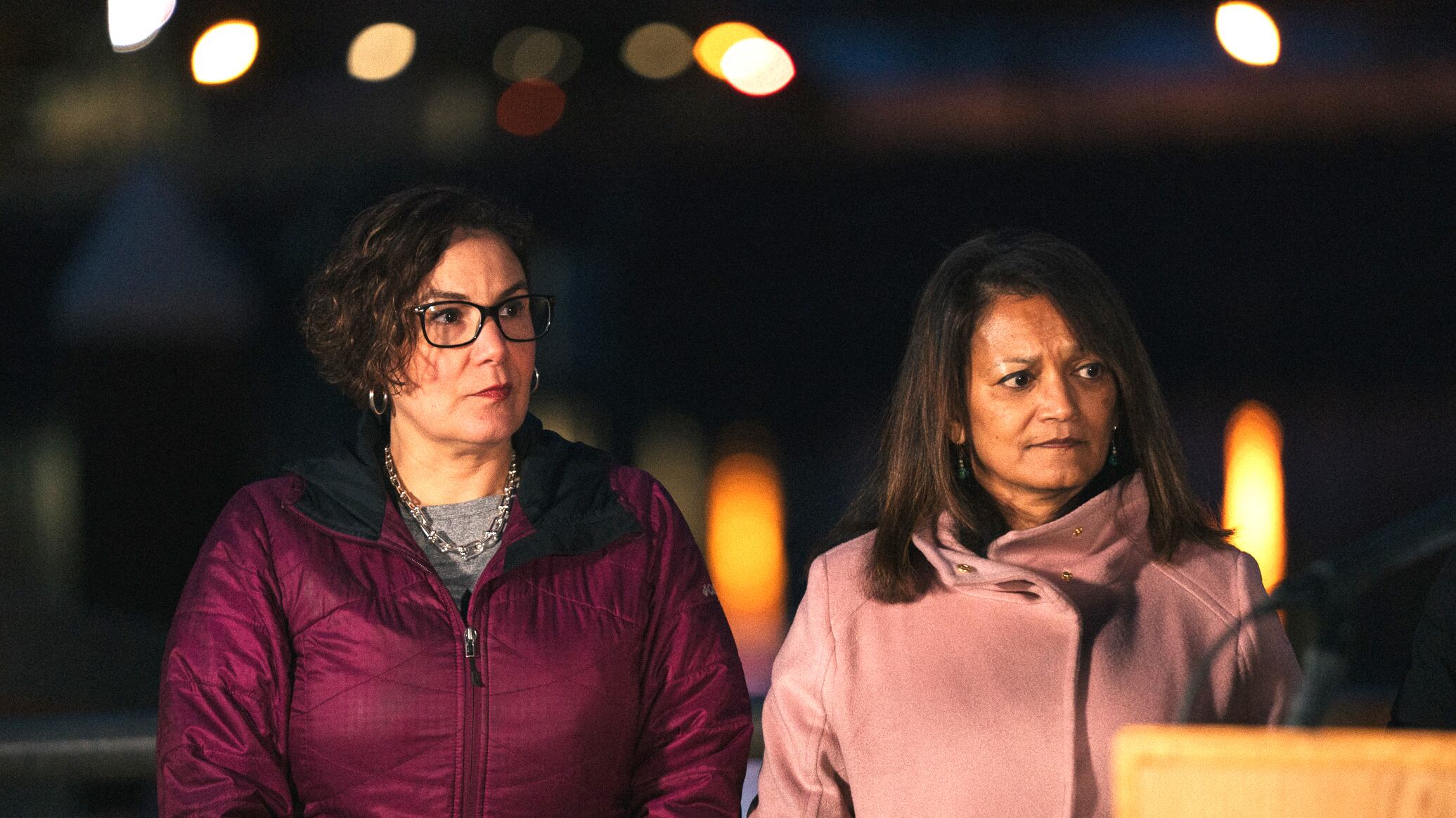Last month, City Commissioners Rene Gonzalez and Dan Ryan raised concerns about who the city pays to conduct voter outreach ahead of the new ranked-choice form of voting that kicks in for the Nov. 5 general election.
Their gripe: The same nonprofits that will be paid by the city this summer to teach hard-to-reach voters about the new voting system also have political arms that plan to endorse City Council candidates on the ballot this November as ranked-choice voting debuts.
Gonzalez and Ryan previously asked city staff managing the voter outreach contract—totaling $675,000—to prohibit the political arms of the nonprofit organizations receiving voter outreach funds from endorsing candidates in the November 2024 elections. Staff balked at the idea, and in emails told the commissioner’s offices that they would ensure the voter outreach remained neutral and untarnished by adding additional guardrails to the contract.
And just recently, Multnomah County Chair Jessica Vega Pederson added her view.
In a March 21 letter to Portland Mayor Ted Wheeler, Vega Pederson wrote that the concerns voiced by Ryan and Gonzalez are not shared by the county.
“There are deep inequities in voter participation and these targeted activities are crucial for ensuring that all voters, including those from underserved communities and locations, are prepared to vote using the new system,” Vega Pederson wrote, continuing, “Discussion has focused on the possibility of offering grants to nonprofit organizations with a history of successfully engaging hard-to-reach population while also engaging in political advocacy through separate arms of their organizations. I want to be clear that this is not a concern shared by Multnomah County.”
Vega Pederson’s opinion is relevant because the county’s Elections Division has worked in tandem with the city on how to educate voters about ranked-choice voting ahead of the fall. The Elections Division is also responsible for adopting the appropriate software to process ranked-choice voting this year, for both city and county elections. (Multnomah County is also set to adopt a form of ranked-choice voting in 2026, though it’s different from the city’s.)
Last fall, the Portland City Council approved a three-year, $675,000 contract with United Way of the Columbia-Willamette to conduct voter outreach aimed at educating historically disenfranchised populations like BIPOC residents, seniors, people with disabilities, immigrants and refugees. United Way will give chunks of that funding—totaling $210,000—to community organizations that have established connections with those priority populations.
Those organizations—which have yet to be chosen—are the organizations whose neutrality Ryan and Gonzalez are raising concerns about. An evaluation committee comprising city staff, county Elections Division staff, and United Way will determine funding awards this spring.
Ryan’s and Gonzalez’s top staff met with city leaders working on the voter outreach contract throughout the latter half of February and into March to express their issues. Ryan’s office wrote to top transition staff March 18 that he wished to add language to the outreach contract that, should one of the nonprofits violate rules governing 501(c)(3) and 501(c)(4) activities during the contract, “the entity would be barred from receiving city funding for five years.” Ryan’s office also requested that the contract make clear that “if an infraction occurred, the City of Portland will report the violation to the IRS.”
On Monday morning, chief administrative officer for the city Michael Jordan wrote to Ryan’s deputy chief of staff, T.J. McHugh: “After checking in with Council offices, it appears there is not support for your proposal for the contracts with community based organizations for voter outreach so I wanted to let you know that we will not be adding that language to the contracts.”
McHugh forward Jordan’s email to Commissioners Ryan and Gonzalez, plus top staff. “Let’s talk next steps,” he wrote.
